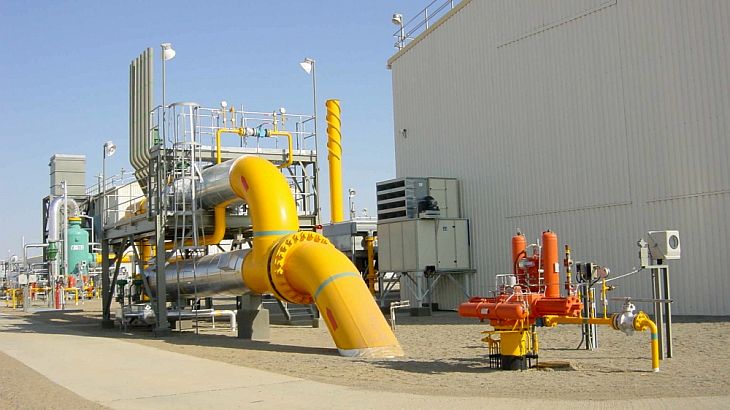Russian natural gas exports fell by 25.1% in 2022, affected by international sanctions, and the decline was only partially offset by a 48% increase in gas deliveries to China, Russian Deputy Prime Minister Alexander Novak announced on Monday, informs AFP.
The collapse of gas exports is due to “the refusal of European countries to purchase Russian gas, as well as the sabotage of the Nord Stream 1 and 2 gas pipelines,” Alexander Novak pointed out in an article for the magazine ‘Energy Policy’. According to Novak, total Russian gas exports decreased last year by 25.1% to 184.4 billion cubic meters, out of a total production of 673.8 billion cubic meters.
The European Union, once the most important customer for Russian gas, has drastically reduced its imports in the course of 2022, according to Agerpres.
However, the Russian Deputy Prime Minister welcomed the increase in gas supplies in the Asia-Pacific region, given that Russia’s supplies to China reached a historical maximum of 15.4 billion cubic meters, after an increase of 48% at an annual rate.
Also, if the Europeans have practically stopped importing Russian natural gas through pipelines, they continue to purchase liquefied gas, coming from numerous Russian reservoirs and transported by sea via LNG tankers. According to Alexander Novak, Russia’s exports of liquefied gas last year increased by 7.9% to 45.7 billion cubic meters.
Also, regarding oil, last year Russia increased its exports by 7.6% to 242 million tons, despite the European embargo and the price ceiling imposed at the beginning of December by the European Union, the Group of powerful countries industrialized and Australia.
The large Asian energy-consuming countries, India and China, significantly increased the demand for Russian crude oil last year, benefiting from significant price reductions but also from Russia’s strategic reorientation towards Asia.
Russia intends to sell over 80% of its oil exports to “friendly” countries this year, Russian Deputy Prime Minister Alexander Novak said on Monday, referring to the states that did not impose sanctions on Russia following the invasion of Ukraine. “Friendly” countries will also receive 75% of Russian refined oil products, and Moscow continues to look for new markets, Novak added.
